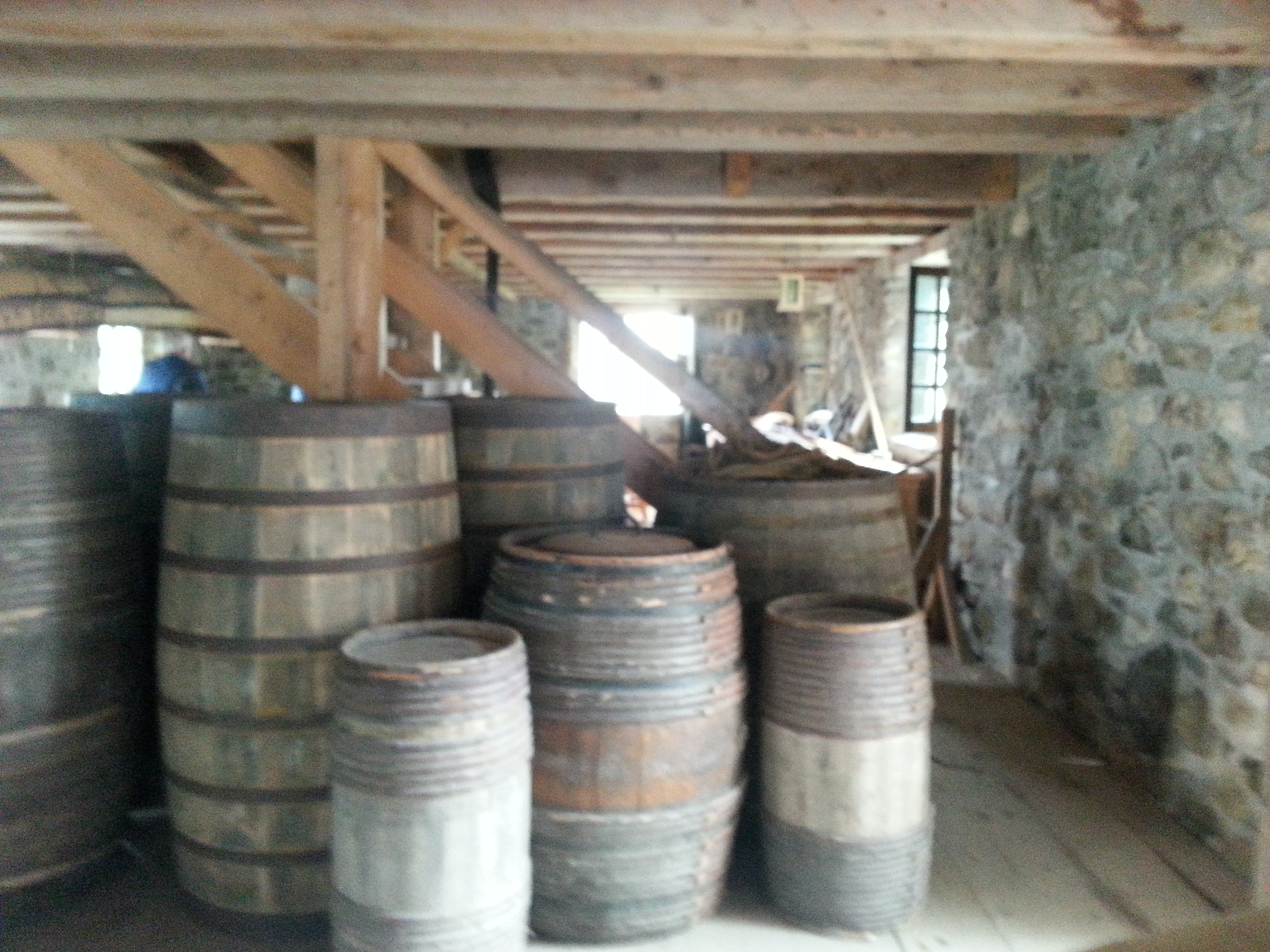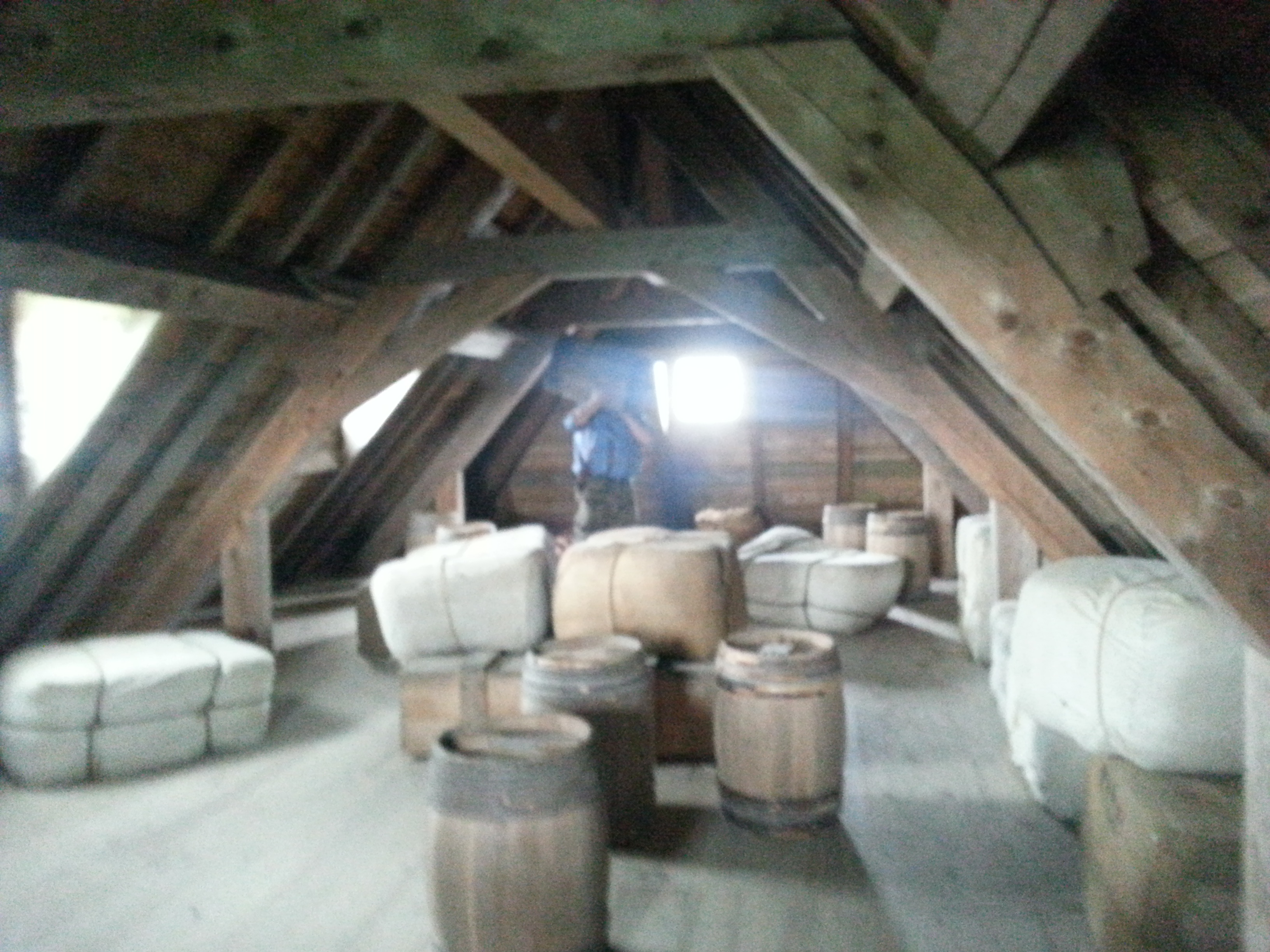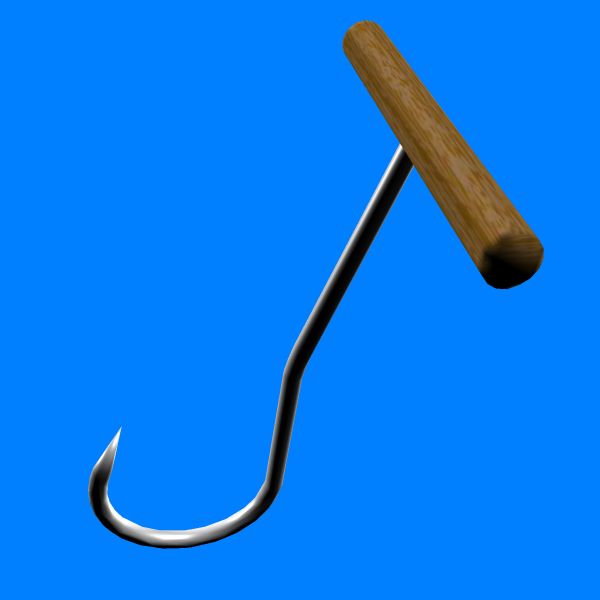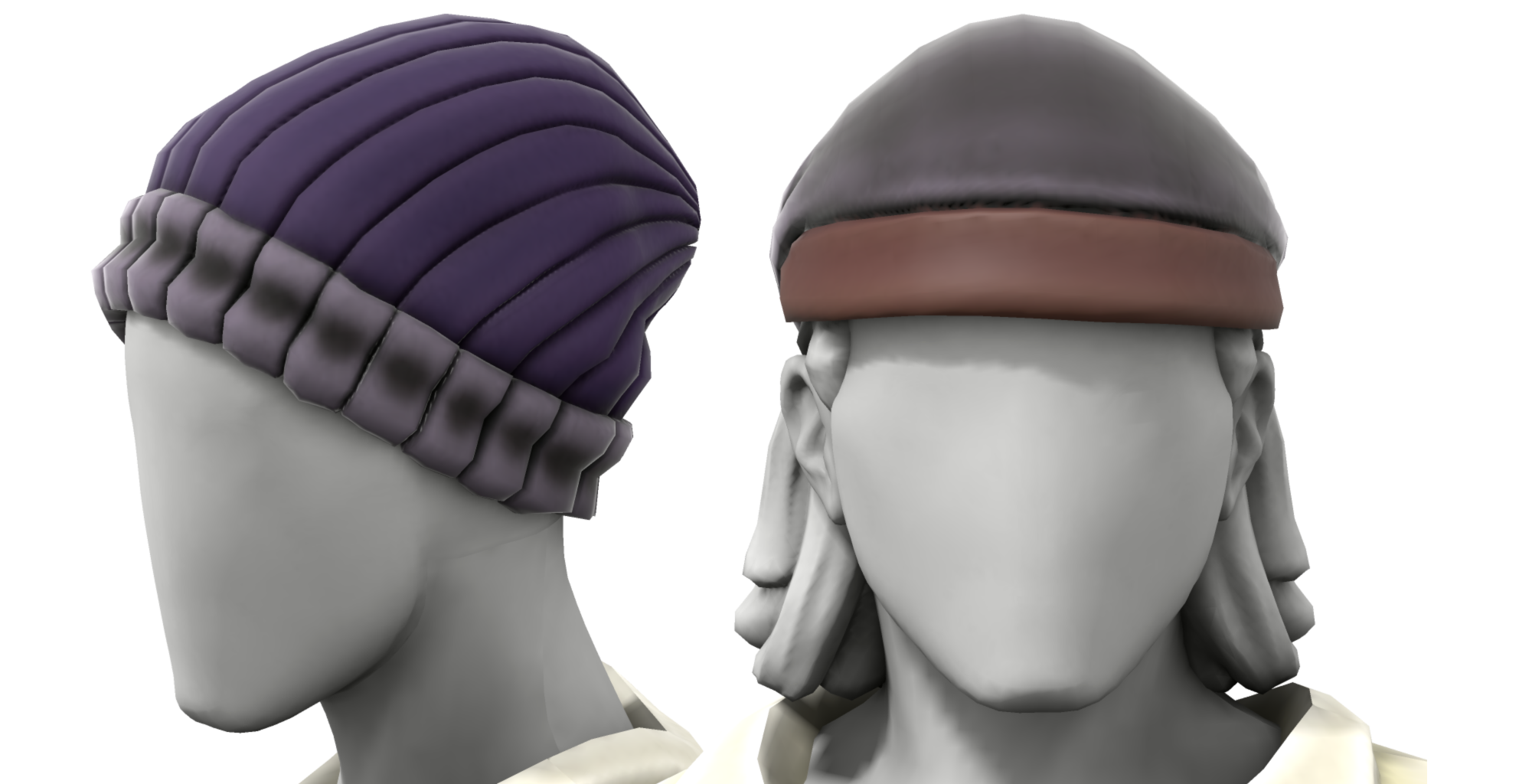Dockworker | Stevedore and Longshoreman (stee-vi-dawr, -dohr | /ˈstiːvɪˌdɔːr/)
Essential workers of the sea and the Void
A dockworker is a manual labourer who loads and unloads cargo on ships. They are essential to the safe and successful running of a dockyard, and to all starfaring and seafaring trade.
Traditionally, dockworkers have no fixed job. Instead, they arrive at the docks in the morning seeking employment for the day. This practice is known as "standing on the stones," "shaping up," or "assembling for the shape-up," or "catching the breaks." However, it is common for dockers to form gangs that might be hired collectively.
Career
Qualifications
To successfully load and unload ships requires knowledge of the operation of loading equipment, the proper techniques for lifting and stowing cargo, and correct handling of hazardous materials. Workers must also be physically strong and able to follow orders attentively. To unload a ship successfully, many dockworkers must coordinate their work at once, often in close quarters. There is only a limited amount of time that a ship can be at a port, so their work must be completed quickly.
Career Progression
Because the work is piecemeal, dockhands don't typically advance in seniority. However, skilled dockers develop reputations when they have been working a particular dock for some time, and they are often picked first when labour is needed. This means that they get the first chance to select the easiest, or most desirable, labour available.
There is some confusion as to the meaning of different terms, and those terms tend to be somewhat localized.
The advantage of joining a dockyard gang is that it is easier for established gangs to get work, since they can be hired collectively at a group rate. The disadvantage is that members of the gang, especially junior members, might get paid less than the standard expected wage.
Poor sailors sometimes take secondary jobs as dockworkers when they want to stay in port for a while. They usually end up with the dregs, as more desirable work is already taken by established locals.
Stevedore
The person in charge of a dockworker gang. They usually broker the labour deals with ships coming and going, assign tasks, and distribute pay. May also refer to a dockworker who specializes in handling cargo once it is loaded on ship.Deck or Hold Longshoreman / Docker
Senior dockhands who deal with cargo placement and moving cargo within the hold respectively.Pier Longshoreman / Wharfie
Junior dockworkers who transport items taken off the boat to the location it needs to arrive at.Payment & Reimbursement
The typical rate of pay for dockworkers is 50*Sp (50 copper Sparks) a day. A junior pier longshoreman might get paid as little as 30*Sp daily, while a senior stevedore might receive as much as 60*Sp daily.
Perception
Purpose
Dockworkers are the link between getting cargo from port to port, inasmuch as the Star-Pilots and sailors who transport that cargo are.
Social Status
Dockworkers get paid far less than the hazards, skill required for, and importance of their profession warrant. They are treated as uncouth, unlettered riffraff, and generally looked down upon. Because work is temporary and based on availability, they are often not taken seriously when requests for better working conditions or pay are made.
Demographics
Social groups and ethnicities viewed as "undesirable" are disproportionately represented among dockworkers at all levels of the profession. For example, there are a large number of Fomorian or part-Fomorian dockhands at places like Freebooter's Rock , and a large number of Goblin (especially Ip-Ara'dare ) and Ellyll among dockworkers on Elatha. Sometimes, a particular ethnic group will dominate at particular dockyards, such as at Freebooter's Rock , where humans and their Fomorian-blooded relatives dominate.
This is, in part, because it is a poorly-paid and irregular job with many hazards. Often, only those who have trouble getting other employment will end up working as a stevedore or longshoreman. It is also, in part, because the community of dockyard workers is a multicultural and surprisingly cosmopolitan bunch, where even those who are not accepted elsewhere may find a place.
History
People have been needed to haul cargo as long as there has been shipping. Like most starfaring professions, dockworkers were a staple of seafaring who made it into the stars. The job has not changed much since then, except in the case of loading larger vessels, especially war vessels, that cannot make planetfall. Smaller vessels, such as launches, are required to transport goods from the docks to the ship, and so there may be a firm division between longshoreman and stevedore, and an extra level of coordination may be required, working in tandem with a Star-Pilot.
Operations
Tools
Workers who load and unload ships have to tie down cargoes with rope. A type of stopper knot that is regularly used is called the stevedore knot. The method of securely tying up parcels of goods is called stevedore lashing or stevedore knotting.
Stevedores, in particular, often carry a sharp pocket-knife, just in case sheets and lines must be quickly cut in emergencies.
While loading a cargo vessel, they use dunnage, which are pieces of wood or strong inflatable dunnage bags set down to keep the cargo out of any water that might be lying in the hold, or placed as shims between cargo crates for load securing.
Freight is often handled with a longshoreman’s hook, a tool that has become emblematic of the profession.
Stevedores may also be required to handle dockyard cranes to lift particularly heavy cargo. This is a job that requires specialized training, and whether such a worker is handling the crane on deck or on dock, they usually receive stevedore pay.
Workplace
Docks are busy, noisy, and chaotic places, especially to the unfamiliar. People from far-flung worlds may be packed in to close quarters, travelling or working together. The vast majority of dockyards, even in starfaring ports, are located on the shores of large lakes or oceans, generally where weather is less severe than elsewhere along a shoreline, and in a place with easy access to the mainland but some degree of defensibility. Many dockworkers are qualified for both seafaring and starfaring work, to take advantage of the availability of both kinds of traffic. Rats, seagulls and stargulls, and other forms of scavenger are a constant presence. The air is filled with shouting, ringing bells, and often bright lights for nighttime or Void-interfacing operations.
Some dockhands prefer working in seaports that double as spaceports, because there are more opportunities for work. Others prefer working in "dryports," because the work is less cold, less wet, and usually, safer.
Dangers & Hazards
Dockworking is a dangerous profession. In addition to the more obvious hazards of heavy cargo falling, digits and limbs getting caught in heavy equipment, and falling overboard, stevedores and longshoremen are often required to work extremely long hours -- often more than 24 hours at a stretch -- in the need to get ships loaded or unloaded as quickly as possible. Aside from exhaustion and injury from the nature of the work, repetitive stress injuries, muscle strains and tears, hernias, or slipped disks are also quite common.
Don't forget that you can click on the blue compass on the left to access the Table of Contents at any time!

Want to read all of the Toy Soldier Saga fiction, even before the rest of the world does?Subscribe now!
"Pay Me My Money Down"
Stevedore Sea Shanty
Stevedore Sea Shanty
Alternative Names
Dockworker, dockhand, docker, stevedore, longshoreman or longshorewoman, wharfie
Type
Transportation
Demand
Essential
Legality
While the profession is, in itself, perfectly legal, it is not uncommon for ship captains and senior stevedores to exploit whatever regulations might exist to protect dockworkers. Being impoverished, and lacking social clout, they often have no choice but to accept the situation.
However, in recent years, there have been more and more aggressive pushes for better pay and working conditions for dockworkers, and things grow gradually tenser by the day.
Other Associated professions
How to Tie a Stevedore Knot







Comments
Author's Notes
Photos taken by me at the Steveston Maritime Festival, September 18, 2016.